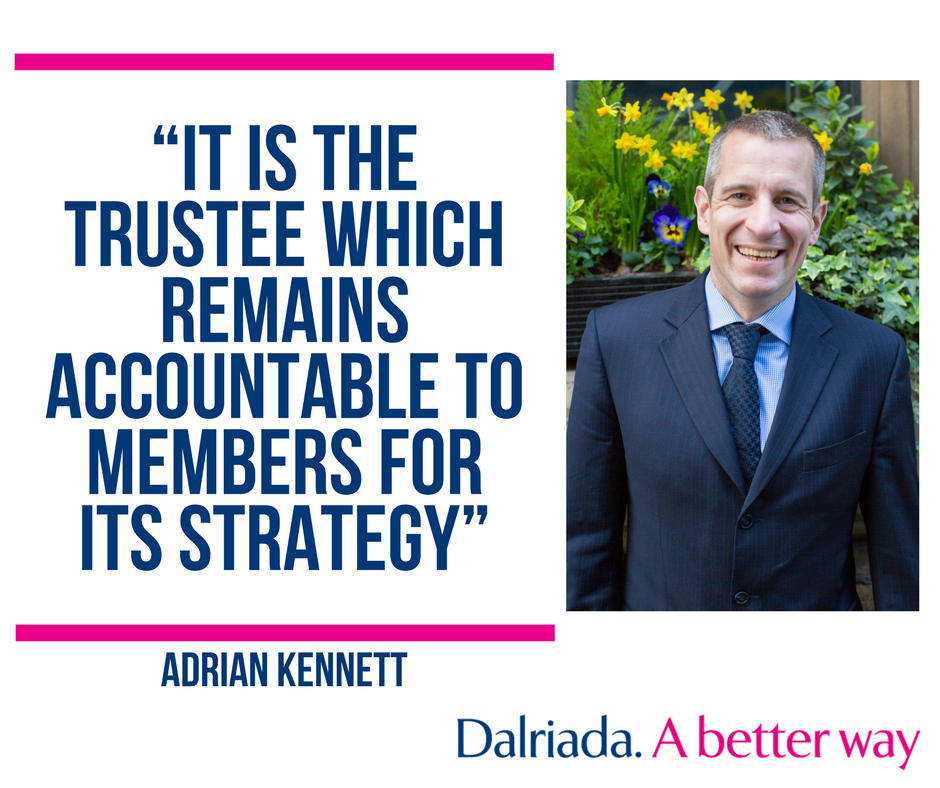
By August 2019, one billion pounds’ worth of investments had been lost. That’s an awful lot of noughts: £1,000,000,000 (I nearly ran out of fingers). How many hours’ worth of work went into earning that huge amount? How many miles of travelling to work to earn that money? How many dreams have been shattered? How many lives ruined?
This was published in Brev’s Bond Review. But, of course, that was when there was still 25% of 2019 left – plenty of time for another couple of hundred million to go down the toilet.
I have great respect for Brev who does a wonderful job in informing the public about investment disasters. In fact he (or she) could (and should) replace the FCA single-handedly.
With absolutely no respect to Brev intended, however, my blind and senile dog could do a better job than the FCA.
Brev highlights the fact that these high-risk, illiquid
investments – which might be fine for investors with more money than brain
cells – were all targeted at low-risk, retail investors.
They all promised the same old same old “guaranteed” returns – and had slick marketing and promotion machines behind them. Here’s Brev’s depressing and desperately sad list:
London Capital and Finance £230m
MJS Capital £30m
Mederco £27m
Store First £200m
Harewood Associates £33m
Park First £190m
Allansons £20m
Hudspiths £50m
MBI £50m
Carlauren £88m
So what did all these investment disasters have in common? They were all unregulated; all fiercely promoted and offered fat commissions to the scammers who flogged them to unwary victims; all promoted by the bottom feeders (interpret that as you will) of the financial services world.
Brev also draws attention to the government’s failures to take any action to deal with this catastrophe. Any sensible government would have immediately sacked Andrew Bailey and ordered a radical reform of the regulators from the top to the bottom (that word again!).
Along with an intelligent suggestion to “close all Intelligent Finance ISAs immediately to new business and reserve tax relief for regulated investments”, Brev also mentions that the Chair of the Treasury Select Committee was extremely cross about it. Phew, well that’s alright then!
However, to add to this horribly depressing big number with nine noughts, there are a few other impending catastrophes in the pipeline. These include:
Dolphin Trust (German Property Group); Blackmore Bond and Blackmore Global; Future Fuel Renewables Plc, anything on the Old Mutual International “platform”; dozens of property developments (for students, the elderly, young professionals) guaranteeing 6% to 12% returns (cluttering up my inbox every morning).
Plus, we still don’t know what the future holds for the precarious Woodford Equity Income Fund. If that collapses we could add at another £ billion to the cricket score.
So, in fact, 2019’s losses could well be nearer £1.5 billion by Hogmanay. But Brev draws our attention to the fact that the FCA costs us £1 billion a year to run – of which £600k accounts for the Mumpsimus Andrew Bailey (who couldn’t regulate his way out of soggy paper bag even he was paid an extra couple of hundred grand – and assisted by my dog).
Bearing in mind the FCA is a total waste of money, we could well be £2.5 billion out of pocket by the end of 2019.




So who goes to gaol and when?
I’ve got a horrible feeling that the answer is “nobody”. But you try nicking a couple of cartons of milk from the corner shop and see how fast you get banged up.